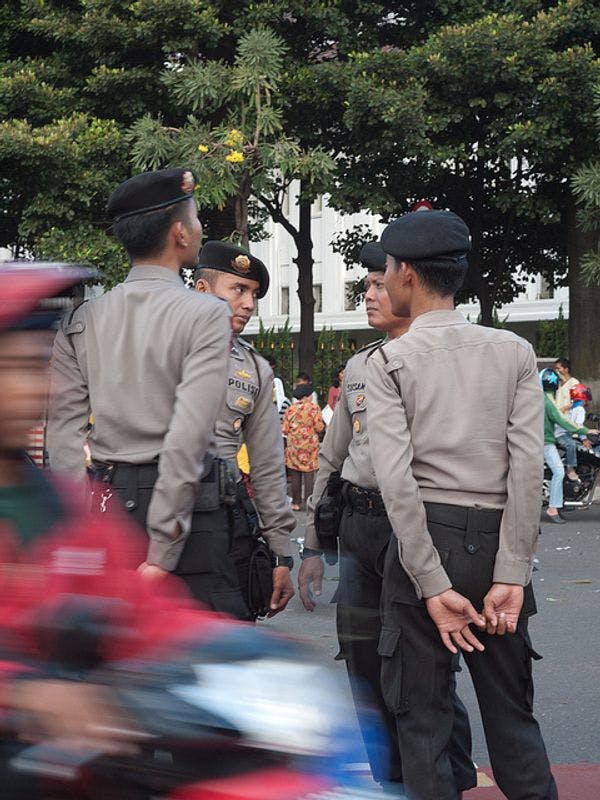La révision du code pénal indonésien : une régression pour les politiques des drogues
Les révisions proposées du code pénal du pays promeuvent des peines sévères pour la consommation et la possession de stupéfiants – y compris la sanction la plus rigoureuse de la société, la peine de mort – au lieu d’une approche axée sur la santé. Pour en savoir plus, en Anglais, veuillez lire les informations ci-dessous.
As more countries move away from drug prohibition, Indonesia is about to step up its efforts to defend it. Proposed revisions to the country's criminal code promote harsh penalties for the use and possession of narcotics - including society's ultimate sanction, the death penalty - instead of a health-oriented approach. Rather than enabling a safer, healthier future for the world's fourth largest population, the changes guarantee a surge in prison overcrowding, inflated public health costs, decreased access to health care, and increased drug trafficking, availability, and misuse.
The current criminal code (KUHP) is nearly identical to the penal code issued by the Dutch colonial authorities in 1918, which was retained when Indonesia gained independence in 1945. Its long-overdue revamp, which is in the final stages of deliberation in the House of Representatives, contains a new set of alarming provisions, including some that criminalise homosexuality, extramarital sex, and criticism of the president.
The latest draft revisions have been widely condemned by rights organisations. The United Nations human rights chief deemed the proposed amendments "inherently discriminatory", arguing that their sanctions fall disproportionately on the most marginalised segments of society. Last month, activists from the so-called Civil Society Alliance to Reject the Draft Criminal Code organised several protests rejecting the parliament's proposals. Indonesia's National Commission on Human Rights warnedagainst the rushed adoption of the current criminal code revisions, calling for more input from the public.
Yet while the media and public have focused on the wider set of KUHP amendments, the inclusion of strict penalties for non-violent drug users has nearly slipped in unnoticed.The draft bill contains 22 articles on the use, possession, couriering, and smuggling of narcotics, all of which are treated as criminal offenses punishable with jail time, or in severe cases, death by firing squad.
